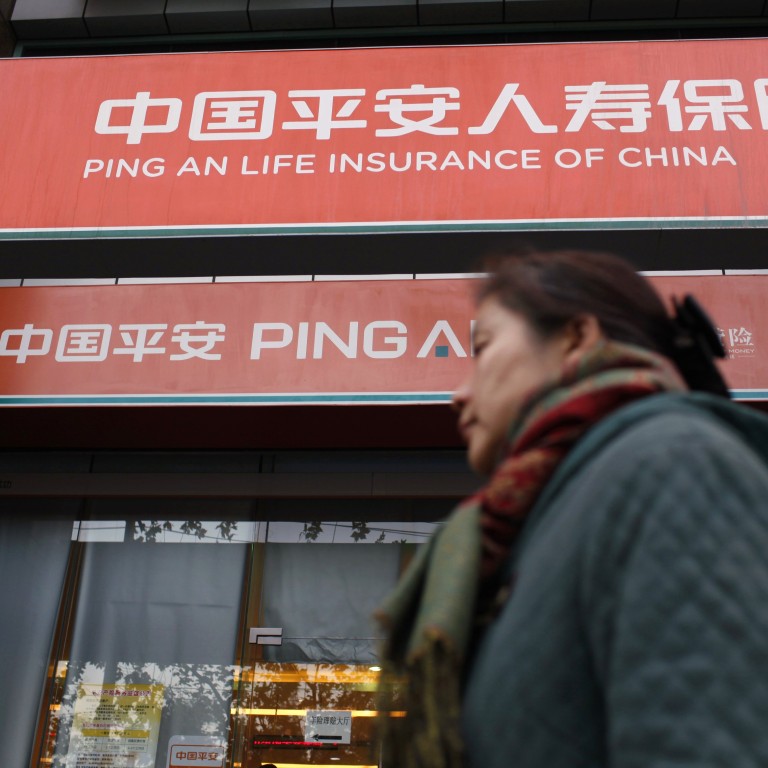
Exclusive: HSBC sale of Ping An stake in limbo as state bank backs off loan support
A high-profile, US$9.4 billion bid by a Thai conglomerate to buy HSBC's stake in a leading mainland insurance company appears to be in danger as sources say that China Development Bank (CDB) is reconsidering its decision to back the deal.

This followed media reports about the role of a secretive mainland businessman in the deal.
"You could say the talks have been de facto halted. In fact, no legally binding agreement between CDB and CP has been signed at this moment," said one of the persons, who declined to be identified due to the sensitive nature of the matter.
Xiao, who is well connected to many senior Chinese officials and their children, founded and controls the low-profile but immensely powerful Beijing-headquartered Tomorrow Holdings, which has subsidiaries and investments in financial firms on the mainland ranging from banks to securities houses.
Mainland media outlets including the influential reported late last month that Xiao had borrowed from local mainland banks with which he had long-standing relationships to fund CP's acquisition of the Ping An stake.
Xiao denied this and CP also insisted it would use its own money and loans from CDB to complete the deal.
The learned from the sources that although CP remained the only buyer on the record, and that Xiao had not been mentioned in public announcements by HSBC or CP, companies directly or indirectly controlled by Tomorrow group obliged by borrowing from several small mainland banks to help CP complete the first stage of the deal.
Initially, CDB's chairman, Chen Yuan, agreed in principle that the bank should provide loans to CP to help it close the Ping An deal, but this was more like a verbal agreement from the top boss than anything in written form, the sources said. When Xiao's role in the deal caught attention in the press and markets, Chen apparently changed his mind and advised his colleagues to "wait and see," the sources added.
Xiao's reputation in the capital markets is mixed. His detractors argue that Xiao's mercurial rise owes much to his uncanny ability to use other people's money to leverage loans from banks for big deals and quickly cashing out when they are done. Xiao first came under the media spotlight in 2007 when Pacific Securities, part-owned by Tomorrow group, went public.
Financial irregularities were discovered in the listing process that eventually cost a China Securities Regulatory Commission vice-chairman his job. Xiao escaped unscathed but has since been living mostly outside the mainland, the sources said.
The second stage of the deal - the sale of 80 per cent of HSBC's holdings in Ping An to CP - is now awaiting approval from the China Insurance Regulatory Commission. The deadline for CIRC's approval is February 1. Once approved, CP should pay the rest of the money quickly. If CDB decides not to lend to CP, it will be difficult for CP to find other big banks to provide such a large sum of money quickly.

